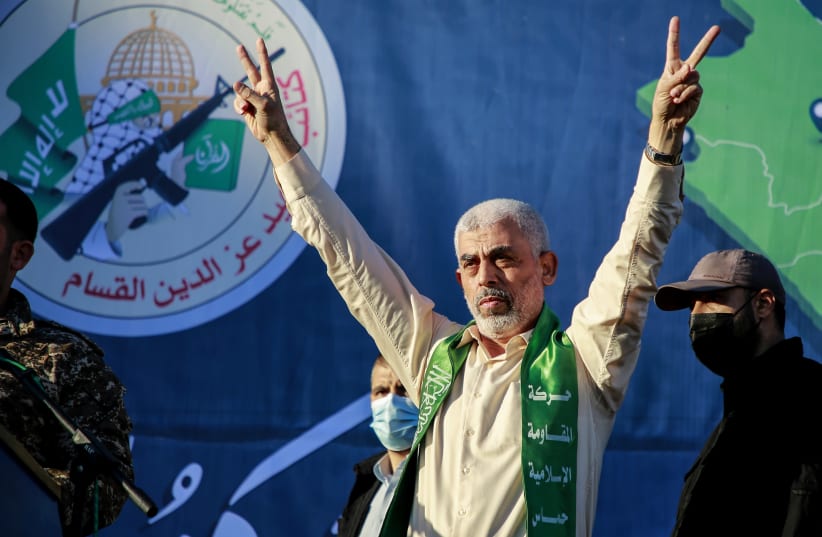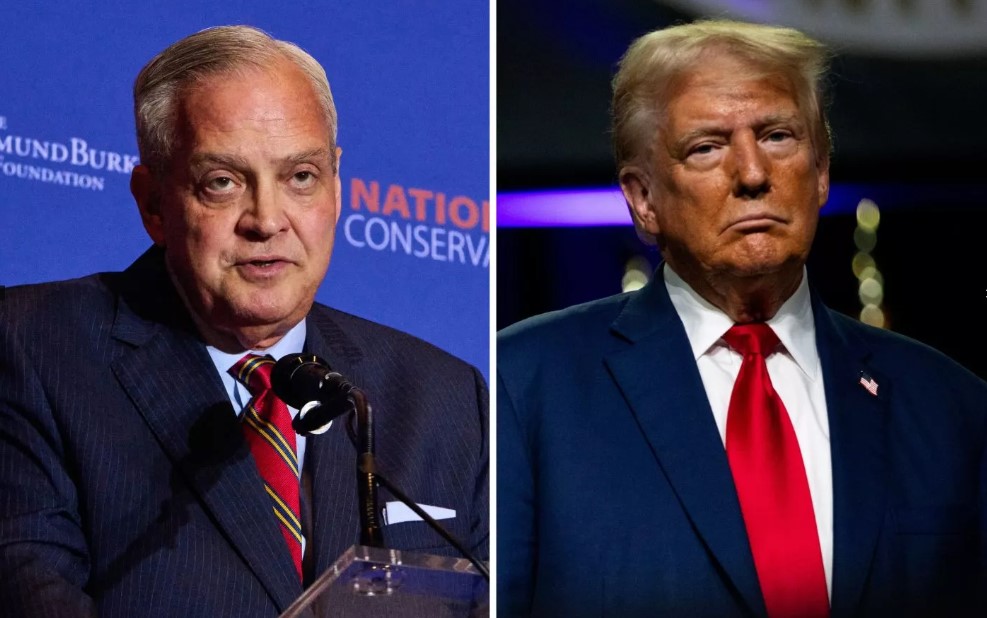Sri Lanka’s interim budget for the first four months of 2025 has been passed unanimously in parliament, signaling a smooth start for President Anura Kumara Dissanayake’s government. With the newly elected administration holding a dominant majority of 159 seats in the 225-member legislature, the approval of the budget came swiftly at the end of a two-day debate, with no opposition.
This interim budget comes at a critical juncture, as the country faces pressing financial challenges, including debt restructuring and economic recovery efforts. Deputy Finance Minister Anil Jayantha Fernando, addressing parliament, highlighted the need for substantial funding to meet urgent priorities. “We require Rs. 1,000 billion to cover recurring expenses, Rs. 425 billion for capital expenditure, and Rs. 1,175 billion for foreign debt restructuring and debt servicing,” Fernando explained. The government is working to finalize debt restructuring talks, hoping to reach agreements with international creditors by December 31, in a bid to stabilize the nation’s finances.
The interim budget will fund essential government activities and debt servicing until the formal budget for the 2025 fiscal year is unveiled in February. However, the NPP government, under Dissanayake’s leadership, has made it clear that while they will honor international debt commitments initiated by the former administration, they are committed to revising the austerity measures put in place by the previous government led by former President Ranil Wickremesinghe.
“We are hopeful that we can renegotiate some of the tough reforms to ease the burden on the people,” Fernando stated, underscoring the government’s intention to prioritize economic relief alongside necessary structural adjustments. The outgoing government’s stringent measures were part of the USD 2.9 billion IMF bailout package secured last year. However, President Dissanayake’s government aims to chart a new course by offering more support to the people, particularly those affected by years of economic hardship.
This strong start for the Dissanayake administration is being closely watched both domestically and internationally. The government’s ability to balance fiscal responsibility with social relief will be pivotal in the months ahead. The approval of the interim budget and Dissanayake’s policy statement, which also passed without a vote earlier this month, highlights a rare moment of political unity as Sri Lanka embarks on a challenging but crucial journey to restore its economic stability. The upcoming months will be critical in shaping the future direction of Sri Lanka’s economy.




